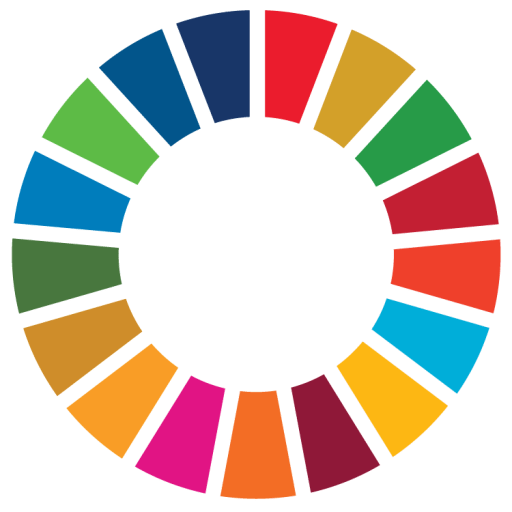Learning for sustainability: What’s maths got to do with it?
LfS Scotland member Corinne Angier has been sponsored by the Scottish Graduate School of Social Science and Scotdec in Edinburgh to undertake a research PhD at The University of Stirling. The focus is on teaching for global citizenship in secondary mathematics classrooms. In this blog Corinne wonders whether the question from the General Teaching Council for Scotland (GTCS) Frequently Asked Questions and myths webpage is one that a few maths teachers might have pondered.
“FAQ: I don’t need to focus on Learning for sustainability as it’s not part of the curriculum that I offer.
“GTCS (2019): Learning for sustainability is embedded across the suite of GTCS Standards and there is an expectation that all registered teachers irrespective of the sector in which they work, the subject which they teach or the level of post that they hold will make a contribution …. it should be viewed as a way of being and thinking about the world and our actions.”
So how might mathematics teachers interpret this requirement? Perhaps the most straightforward option might be to collaborate with other teachers in an interdisciplinary project. Designing and building a school vegetable garden, or working out how to minimise the carbon footprint of the school’s sports teams could provide some great opportunities to apply mathematical tools in context.
For an individual teacher thinking about their own classroom there is scope for something a little bit different, which reflects their life experiences and their own understanding of mathematics. It is surely our personal beliefs that determine “our way of being and thinking about the world and our actions.” (GTCS above)
If we think of mathematics as a collaborative endeavour then an important contribution the maths classroom might make is to open up a space for different approaches to be articulated and discussed. Giving time for reasoning helps pupils to break out of an algorithmic mind-set of text book exemplars and one “right” way. This development of a respectful listening space is at the heart of living in a global community and many rich mathematical problems provide different routes. The European PiCaM project has developed a set of mathematics resources that draw on the inclusive practices of philosophy for children. This shift in power, perhaps least expected in mathematics lessons, is an important way of experiencing that the world does not have to be the way you always thought it was.
If we think of mathematics as a powerful language then perhaps the contexts we choose for questions and the data we select for statistical work is our way in to engaging with global issues. The complexities of the Gender Pay Gap calculations, or of different voting systems, are examples of the significance of mathematics for active citizenship. With a Higher in Applications of Mathematics in the development stage there will soon be a pathway for pupils who want to learn mathematics with a view to its application in disciplines such as psychology, politics, economics, geography etc. Future policy makers will need to be confident that they can make sense of quantitative information.
At the recent #mathsconf20 in Edinburgh a group of maths teachers worked on a range of tasks some taken from materials produced by SCOTDEC as part of the Global Issues Global Subjects project and some from the ATM publication ‘Teaching Mathematics for Social Justice’. It was a great opportunity to think about connections with the mathematics curriculum. I hope to facilitate similar workshops at future conferences.
Corinne Angier


